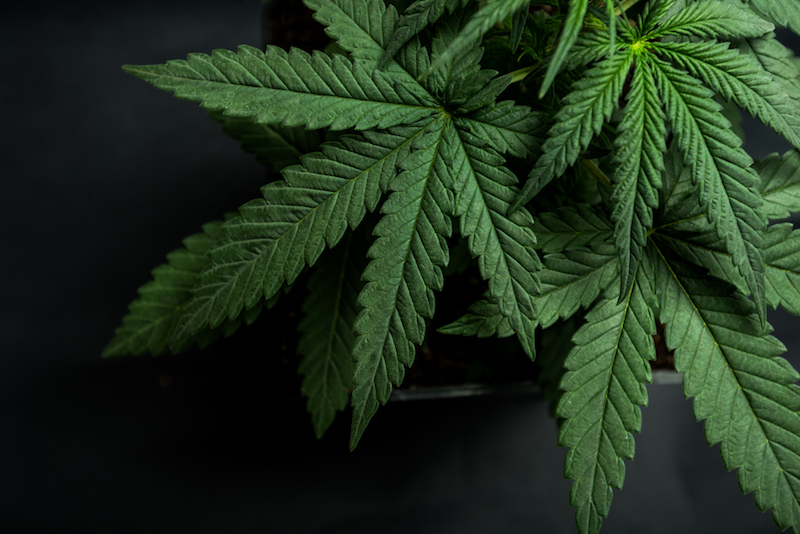
Although marijuana will become legal on October 17, 2018, there will still be a number of restrictions in place. With such drastic changes to Canada’s drug enforcement laws, it is essential that people know and understand the Cannabis Act (the Act), in order to ensure compliance with all the new regulations.
Below is a summary of some of the essential things to know about the new regime.
Possession
Possibly the most drastic change promised by the Act is the elimination of the simple possession offence as it relates to marijuana. However, this change does not promise a wholesale deregulation of possession.
A new offence has been created, limiting the amount of marijuana that a person may possess when in a public place. Under s.8 of the Act a person may not possess more than 30 grams of dried cannabis (or an equivalent amount as determined under schedule 3), while in a public place. The definition of a “public place” under the Act includes “any motor vehicle located in a public place or in any place open to public view.”
It will also be an offence to possess a cannabis plant that is budding/flowering while in public, or to possess more than four plants in any place. Contravening this offence will result in a criminal charge, and the offence carries a maximum penalty of five years (5) imprisonment.
Trafficking
Similarly, the Act promises to overhaul the offences related to trafficking marihuana. Under the new legislation there will be a new offence added to the Criminal Code, restricting the unauthorized distribution of marijuana. Adults (18 years of age and older) can share up to 30 grams of dried cannabis with other adults. However, sharing cannabis in excess of this limit will meet the requirements for the new distribution offence.
Sharing any amount with a minor will meet the requirements for the charge. This is one of the most significant differences between alcohol and cannabis regulations. This new distribution offence will be punishable by a maximum of fourteen years (14) imprisonment.
Edibles
Edibles will remain illegal to sell/purchase until approximately one year (1) after the Act comes into force.
This post is merely an introduction to the new legislation and should not be construed as legal advice.
